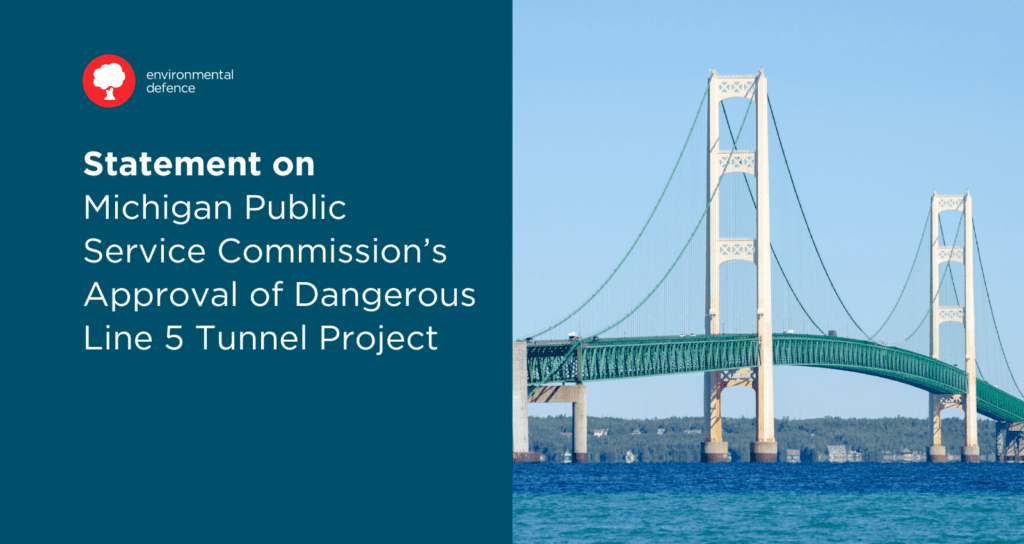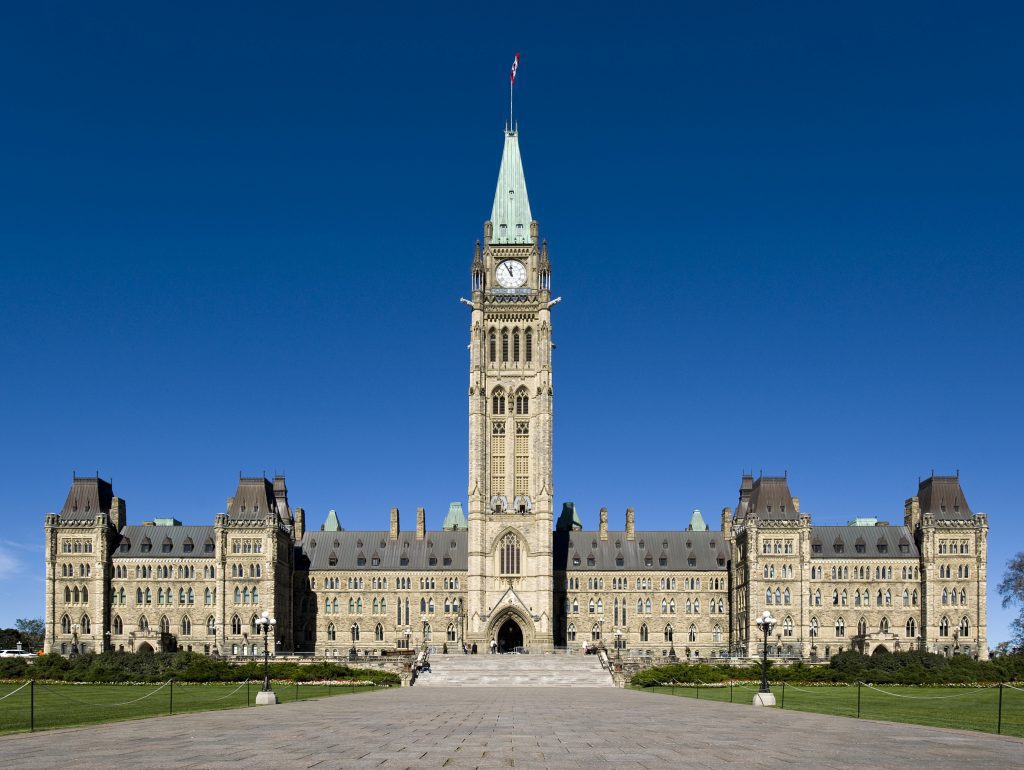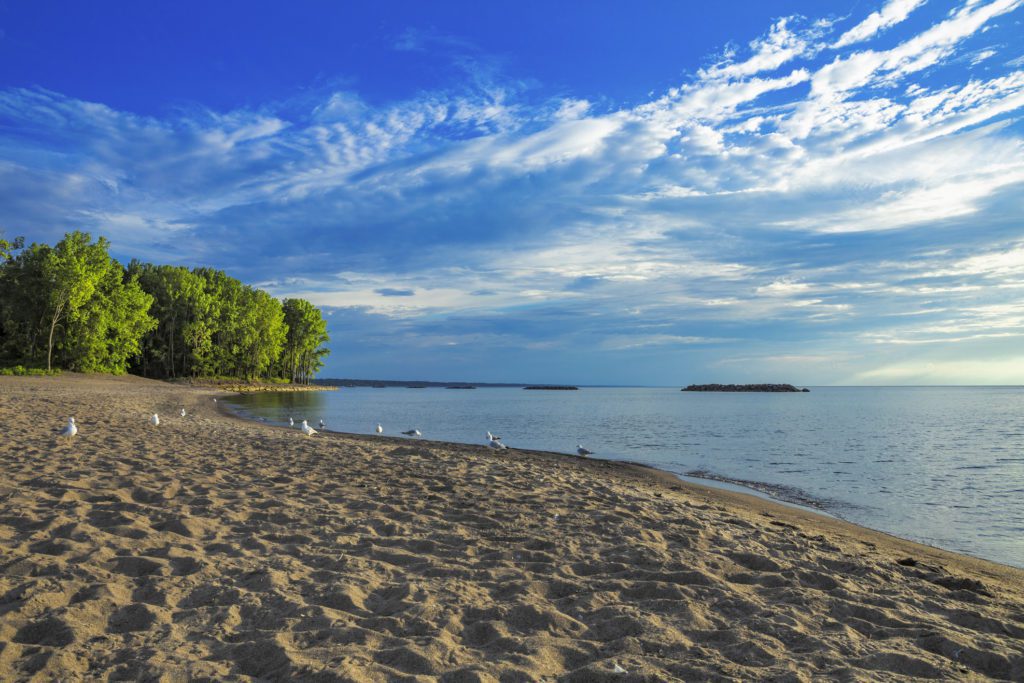Legal brief highlights the devastating impacts a foreseeable spill would have on the Great Lakes and Indigenous communities; calls into question Canada’s use of 1977 treaty
Toronto | Traditional territories of the Mississaugas of the Credit, the Anishinaabeg, the Haudenosaunee, and the Wendat – Yesterday, several civil society groups, including Environmental Defence, with EarthRights International as counsel, submitted an amicus brief in support of the Bad River Band of the Lake Superior Chippewas Tribe.
This action is in response to Canada’s recent submission of its own amicus brief in support of Enbridge’s efforts to overturn a recent U.S. judge’s order to shut down the section of the Line 5 pipeline that runs through the Tribe’s territory by June 2026. The territory contains the Mashkiiziibii (Medicine River), a tributary to the Great Lakes, which Line 5 crosses.
“A major crude oil rupture from Line 5 would cause catastrophic harm to the Tribe’s main water source, and would have larger devastating impacts on Lake Superior and the Great Lakes. These water bodies are an essential source of life for the Indigenous Nations who have cared for and relied on them since time immemorial,” said Michelle Woodhouse, Water Program Manager at Environmental Defence.
“Shamefully, Canada has framed its support for Line 5 in its most recent amicus brief under the guise of ‘reconciliation and ensuring full protection for the rights of Indigenous Peoples in Canada in the U.S.’ If Canada is truly committed to reconciliation, it must cease its support for Enbridge’s efforts to keep the oil flowing through a leaky, 70-year-old pipeline. We do not need this pipeline to meet our energy needs. Instead, Canada should be working with the U.S. and Enbridge to implement an orderly shutdown. The Great Lakes, a drinking water source for over 40 million people, cannot become the sacrifice zone in the event of an oil spill.”
The amicus brief highlights the devastating impacts a spill would have on the Great Lakes, Indigenous communities, and their rights to continue to live in harmony with, and off, of the lands and waters they have been stewards of for the last 13,000 years. The brief also argues that Canada and Enbridge are using a faulty interpretation of the 1977 pipeline treaty, and in doing so, are encouraging the violation of international human rights law and domestic treaties with Indigenous Peoples.
The amicus brief was submitted by U.S.-based charity EarthRights International.
Background information:
- The Bad River Band has been fighting Enbridge in court since 2019 to have the pipeline removed from its territory and watershed and Enbridge has been found guilty of trespass since 2013.
- In the Final Report of its annual session, issued on April 28th, 2023, the United Nations Permanent Forum on Indigenous Issues (UNPFII) called on Canada to re-examine its support for Line 5 and recommended that Canada and the United States permanently decommission the pipeline.
- The Great Lakes Business Network also submitted an amicus brief, which questions the economic arguments being made by Canada and Enbridge about the true need for the pipeline.
- Native American Rights Fund also submitted its own amicus brief, which advocates for the sovereign rights of Tribal Nations to expel trespassers from their lands and demonstrates how Enbridge’s trespass perpetuates the tragic history of stealing Native lands.
ABOUT ENVIRONMENTAL DEFENCE (environmentaldefence.ca): Environmental Defence is a leading Canadian environmental advocacy organization that works with government, industry and individuals to defend clean water, a safe climate and healthy communities.
– 30 –
For more information or to request an interview, please contact:
Paula Gray, Environmental Defence, media@environmentaldefence.ca





